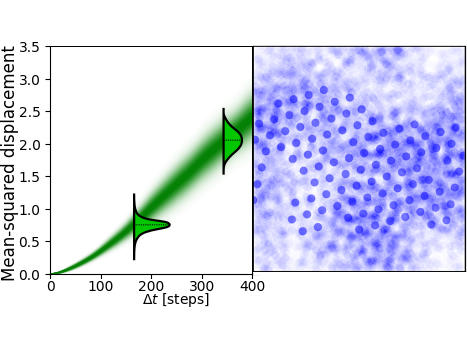
The Materials Engineering department has rapidly responded to student concerns over the ARCH Summer 2020 semester, to be delivered via remote instruction amidst the COVID-19 pandemic. Members of the Undergraduate Curriculum Committee (UCC), along with the Department Head Prof. Pawel Keblinski and the relevant faculty instructors have met with the MTLE class of '22 to discuss their concerns and priorities moving forward. The faculty actively engaged with students to understand their perspectives and adjusted our curriculum accordingly.
Previously, the summer session was utilized for lab-intensive course work geared towards engineering proficiency in an industrial setting. Now, the department has reoriented the summer curriculum towards courses that emphasize equally important skill sets: things like data dexterity, modeling, simulations, and engineering math techniques. For this summer 2020, a materials-centric version of Modeling and Analysis of Uncertainty (MAU, our core statistics course), will be delivered jointly by Profs. Keblinski and Sundararaman. Prof. Ozisik will deliver a redesigned version of our Thermodynamics course using virtual laboratories and computer simulations, which are particularly well suited for such a math-intensive course. Prof. Dan Lewis will pioneer a new focused course, Math Skills for MTLE, which will give students the tools to efficiently process and analyze data sets and to perform industry-relevant calculations. Taken together, these three courses will equip our students with a firm foundation of computational know-how, which will be ideally suited for a time when face-to-face and hands-on learning have been temporarily paused. The laboratory-intensive courses that have been replaced this summer will now be offered in the Spring and Fall 2021 semesters.
Despite the difficulties presented by the unparalleled COVID-19 public health crisis, RPI Materials Engineering students will be well-positioned to enhance their computational skills during the summer of 2020. We wish them all the very best and looking forward to working with them in the semesters to come.
